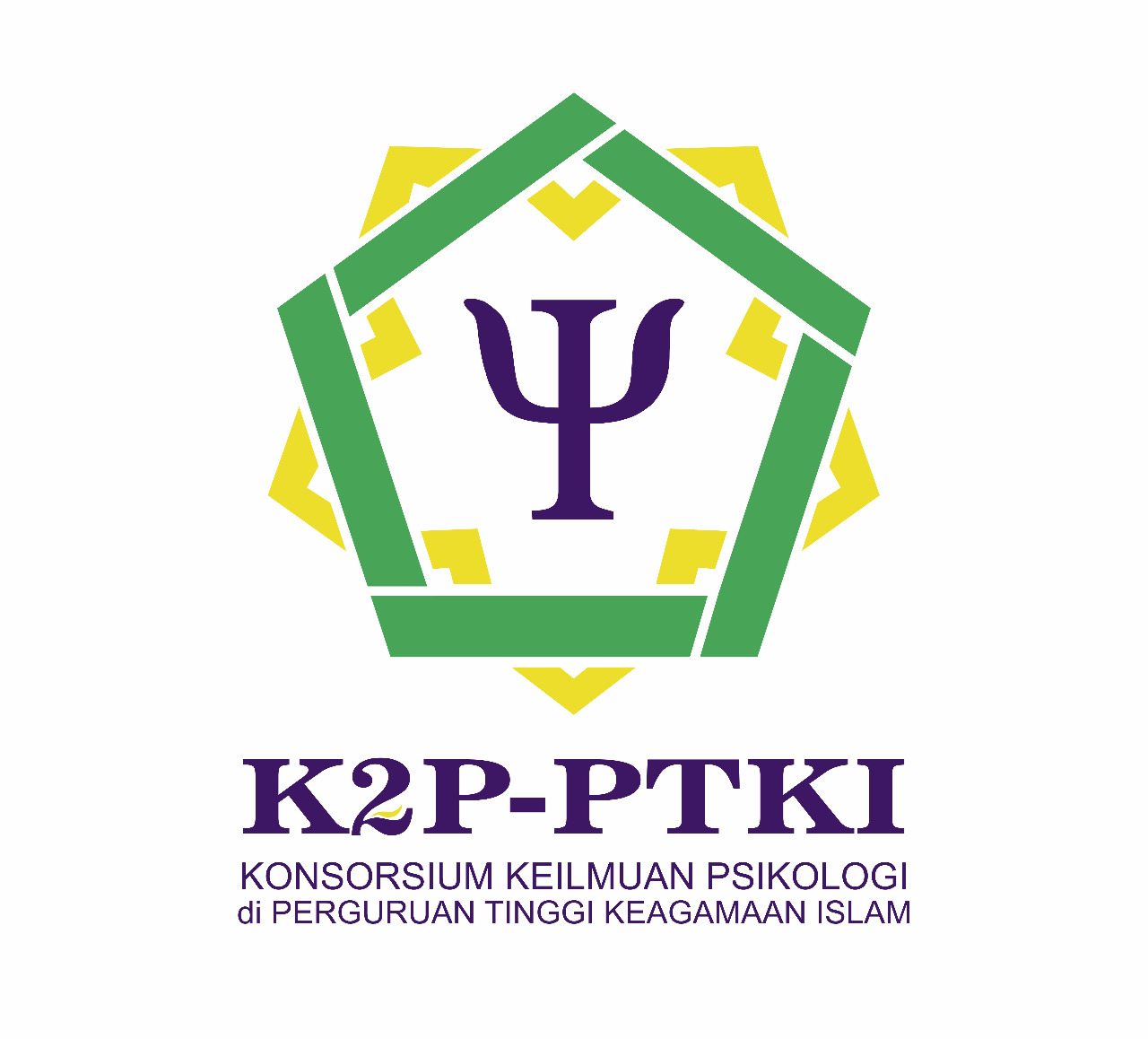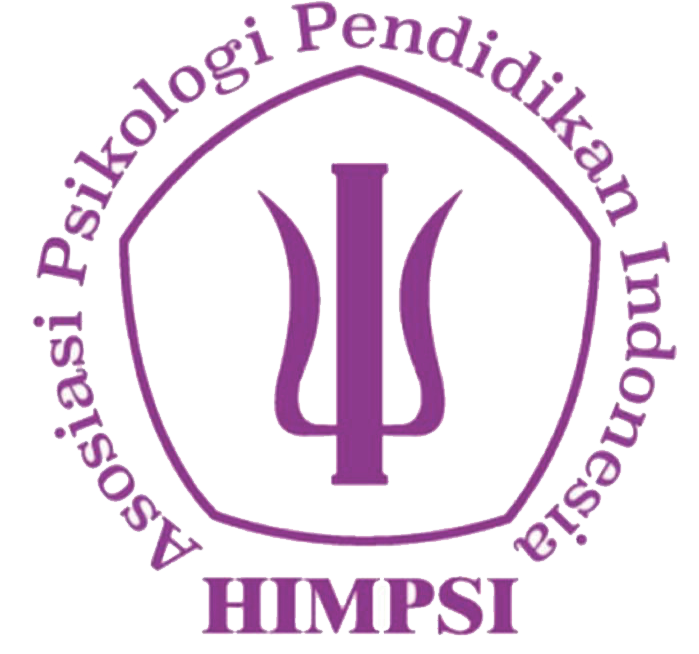Gambaran psychological well being pada pasien gagal ginjal kronik yang menjalani terapi Hemodialisa
Abstract
Abstract: Psychological well-being is not only the absence of psychological pressure or problems but also the state of accepting oneself and one's past, experiencing personal growth, finding meaning and purpose in life, maintaining positive relationships with others, effectively managing one's life and environment, and having the ability to make autonomous decisions. Hemodialysis therapy has an impact on the physical, psychological, and social well-being of patients, specifically on the psychological well-being of individuals with chronic renal failure. The objective of this study is to examine the psychological well-being of patients undergoing hemodialysis therapy for chronic renal failure. The research employed a qualitative method with a phenomenological study approach. Data were collected through interviews and observations involving three participants. The purposive sampling technique was utilized, and the collected data were analyzed thematically. The findings indicate that individuals with chronic renal failure who undergo hemodialysis therapy initially go through a phase of rejecting their condition. They may experience emotions such as anger, fear, despair, and anxiety. However, these emotions tend to diminish with the support received from their families and the social environment. Besides family and social support, other factors contribute to the improvement of their psychological well-being. These factors include economic stability and a sense of fulfillment in fulfilling parental responsibilities. This state of mind leads to a sense of tranquility and motivates patients to adhere to medical recommendations, ultimately influencing their overall quality of life.
Keywords: chronic renal failure; hemodialysis; psychological well being
Keywords
References
Agustin, I. M., Pangesti, P., & Mutoharoh, S. (2020). Respon Penerimaan Diri Pasien Gagal Ginjal Kronik Dengan Menjalani Hemodialisa Di Rs X. In Konferensi Nasional (Konas) Keperawatan Kesehatan Jiwa (Vol. 4, Issue 1, pp. 42–48). https://journalpress.org/proceeding/ipkji/article/view/42
Aini, N., & Wahyu, A. C. (2020). The correlation between family support and psychological well-being in patients with end-stage renal disease. KontAKt / Journal of Nursing and Social Sciences Related to Health and Illness Original, 22(4), 291–296. https://doi.org/DOI: 10.32725/kont.2020.041
Aisara, S., Azmi, S., & Yanni, M. (n.d.). Gambaran klinis penderita penyakit ginjal kronik yang menjalani hemodialisis di RSUP Dr. M. Djamil Padang, 7. http://jurnal.fk.unand.ac.id/index.php/jka/article/view/778.
Amna, Z., Zahara, M., Sari, K., & Sulistyani, A. (2022). Gambaran kesejahteraan psikologis pada pasien gagal ginjal kronik (GGK) yang menjalani tritmen hemodialisis. Jurnal Psikologi, 15(2), 323–338. https://doi.org/10.35760/psi.2022.v15i2.6358
Badan Litbang Kesehatan, K. K. R. (2018). Laporan_Nasional_rkd2018_final.pdf. In Badan Penelitian dan Pengembangan Kesehatan (p. 198). http://labdata.litbang.kemkes.go.id/images/download/laporan/RKD/2018/Laporan_Nasional_RKD2018_FINAL.pdf
Dhewanti, T. S. (2022). Tingkatkan Kualitas Hidup Pasien Gagal Ginjal Kronik. In Kementerian Kesehatan Republik Indonesia (p. ). https://yankes.kemkes.go.id/view_artikel/866/tingkatkan-kualitas-hidup-pasien-gagal-ginjal-kronik#:~:text=Gagal ginjal kronis merupakan salah,meninggal pada tahun 20171.
Fadli, R. (n.d.). Ini 4 Pilihan Terapi untuk Mengatasi Penyakit Ginjal Kronis. https://www.halodoc.com/artikel/ini-4-pilihan-terapi-untuk-mengatasi-penyakit-ginjal-kronis
Hadrianti, D. (2021). Hidup dengan Hemodialisa (Pengalaman Hemodialisa pada Pasien Gagal Ginjal Kronik. Pustaka Aksara.
Heriyanto. (2018). Thematic analysis sebagai metode menganalisa data untuk. Anuva, 2(3), 317–324. https://doi.org/10.14710/anuva.2.3.317-324
Ivtzan, I., Chan, C. P. L., Gardner, H. E., & Prashar, K. (2013). Linking Religion and Spirituality with Psychological Well-being: Examining Self-actualisation, Meaning in Life, and Personal Growth Initiative. Journal of Religion and Health, 52(3), 915–929. https://doi.org/10.1007/s10943-011-9540-2
Lestari, P. (2017). Hubungan Kemampuan koping keluarga terhadap tingkat kecemasan keluarga pasien yang menjalani Hemodialisa di RSUD dr. R.Soedjono Selong. http://eprints.stikeshamzar.ac.id/id/eprint/526/
Makarim, F. R. (2022). Fungsi Ginjal - Jenis, Komplikasi, dan Perawatan | Halodoc. Halodoc. https://www.halodoc.com/kesehatan/-fungsi-ginjal
Mardiati Agustin M.Kep.Sp.Kep.J, I. (2019). Respon Psikologis Dalam Siklus Penerimaan Menjalani Terapi Hemodialisa Pasien gagal ginjal kronik. Jurnal Ilmiah Kesehatan Keperawatan, 15(1), 12. https://doi.org/10.26753/jikk.v15i1.309
Miles, M. B., Huberman, A. M., & Saldana, J. (2014). Qualitative data analysis: A methods sourcebook.
Prasetyaningrum, E. (2022). Kualitas hidup pasien gagal ginjal kronik terkomplikasi yang menjalani Hemodialisa di RS “X” Kota Semarang. Visikes: Jurnal Kesehatan Masyarakat, 21(1). https://doi.org/10.33633/visikes.v21i1Supp.5961
Ryff, C., & Keyes, C. (1995). The Structure of Psychological Well-Being Revisited. Journal of Personality and Social Psychology, 69, 719–727. https://doi.org/10.1037/0022-3514.69.4.719
Zahroh, R. (2018). Identifikasi faktor yang mempengaruhi kepatuhan pembatasan asupan cairan pada pasien penyakit ginjal kronik yang menjalani Hemodialisi. https://doi.org/10.55129/jnerscommunity.v9i1.641
DOI: https://doi.org/10.18860/psikoislamika.v20i1.21073

This work is licensed under a Creative Commons Attribution-NonCommercial-ShareAlike 4.0 International License.

------------------------------------------------------------------------------------------

pSIKOISLAMIKA by http://ejournal.uin-malang.ac.id/index.php/psiko is licensed under a Creative Commons Attribution-NonCommercial-ShareAlike 4.0 International License.


.jpg)


.jpg)





